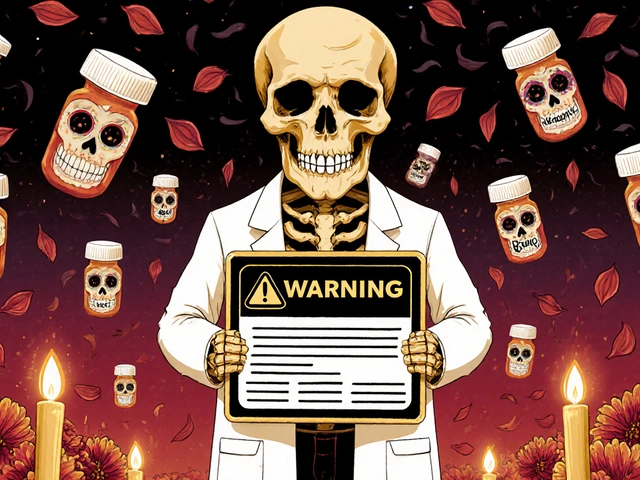SSRI Guide: What They Are and How They Work
SSRIs (selective serotonin reuptake inhibitors) are a common class of antidepressants. Doctors prescribe them for depression, several anxiety disorders, OCD, panic attacks, and sometimes PMDD. They change how serotonin works in the brain, which can lift mood and reduce anxious thoughts. But they don’t act overnight—most people start to notice changes in 2–6 weeks.
Common SSRIs and when they’re used
Typical SSRI names you’ll hear are fluoxetine (Prozac), sertraline (Zoloft), citalopram (Celexa), escitalopram (Lexapro), and paroxetine (Paxil). Some are better for anxiety, others for mood or OCD—doctors pick based on symptoms, side effects, drug interactions, and even pregnancy plans. If one SSRI doesn’t work, switching to a different one is common and often effective.
How to use SSRIs safely
Start low and go slow: doctors usually begin with a low dose and raise it if needed. Take your pill the same time every day to build a routine. Don’t stop suddenly—stopping can cause withdrawal-like symptoms (dizziness, brain zaps, flu-like feelings). If you need to stop, your prescriber will usually taper the dose slowly.
Watch for serious interactions: never combine SSRIs with MAO inhibitors without a proper washout period—this can cause serotonin syndrome, a dangerous reaction. Also tell your doctor about blood thinners, NSAIDs, or herbal supplements like St. John’s wort—these can raise bleeding risk or change how the SSRI works.
If you’re pregnant or breastfeeding, talk to your provider. Some SSRIs have more safety data in pregnancy than others. For example, paroxetine is often avoided during pregnancy when alternatives exist. Decisions here balance risks of the medicine against risks of untreated illness.
Side effects to expect and what to do
Common side effects include nausea, mild headache, sleep changes, and sexual side effects (reduced libido or difficulty with orgasm). Sexual effects can be persistent but often improve with dose changes, switching drugs, or adding other treatments — discuss options with your prescriber. Weight change and fatigue can happen too, though not everyone gets them.
Know the red flags: severe agitation, high fever, stiff muscles, fast heartbeat, or rupture in thinking—these could be signs of serotonin syndrome or other urgent issues. Also monitor mood closely, especially in people under 25; antidepressants can sometimes increase suicidal thoughts early in treatment. If anything feels off, contact a clinician right away.
Combine medication with therapy for the best results. Cognitive behavioral therapy (CBT) plus an SSRI often helps faster and keeps gains longer. Keep track of what improves and what doesn’t so you and your clinician can make clear, useful decisions.
If you have questions about a specific SSRI or side effect, ask your healthcare provider—it’s a short conversation that can make treatment safer and more effective.

Tired of Priligy not living up to the hype or side effects getting in the way? There are other ways to approach premature ejaculation, and some might suit you better. This article lays out 10 solid alternatives to Priligy, from other meds like SSRIs to natural supplements and combination therapies. Each section breaks down how these options work, their upsides, and the stuff you need to watch out for. If you're stuck or looking for new solutions to this common problem, here's what you should know before making your next move.
Chris Gore Apr 18, 2025




